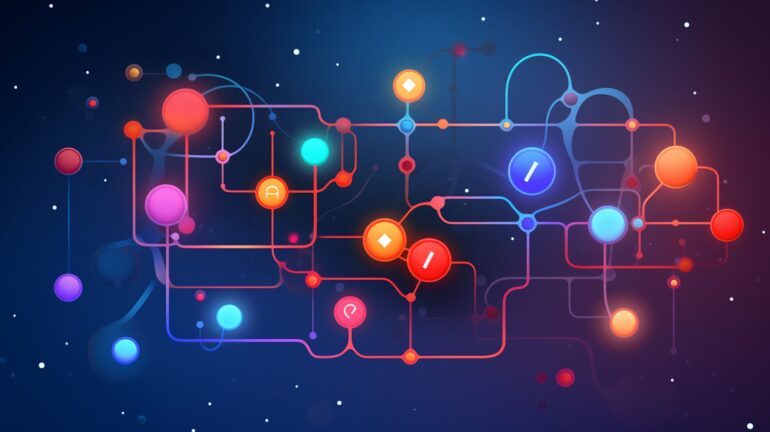TL;DR:
- OpenAI and Microsoft face a class-action lawsuit from authors Nicholas Basbanes and Nicholas Gage, alleging unauthorized use of their literary works in training ChatGPT.
- The lawsuit highlights the ethical dilemma of using creators’ intellectual property to power billion-dollar industries without fair compensation.
- Similar legal actions by notable writers like Sarah Silverman and George R.R. Martin against tech firms have brought attention to the AI training ethics issue.
- Google is embroiled in a lawsuit by the Clarkson Law Firm, accusing them of data scraping from users without consent and violating copyright laws in AI training.
- The lawsuit raises concerns about Google’s privacy policy update and its use of publicly accessible information to train AI models.
- The amended complaint adds public plaintiffs, advocating for millions affected by copyright infringements and alleging Google’s violation of property rights through data scraping.
Main AI News:
In a surprising turn of events, tech titans Microsoft, OpenAI, and Google find themselves entangled in legal battles revolving around data scraping and copyright violations in the realm of AI training. The allegations have raised concerns about the ethical use of intellectual property and the privacy of individuals.
OpenAI, backed by Microsoft, faces a class-action lawsuit initiated by nonfiction authors Nicholas Basbanes and Nicholas Gage. They accuse OpenAI of unauthorized utilization of their literary works in training the widely-employed AI model, ChatGPT. The authors argue that their books were incorporated into the dataset without their consent, citing copyright infringement as the primary issue.
Both Basbanes and Gage, former journalists with a strong commitment to their creative works, believe that it is unjust for tech companies to harness their intellectual property to power billion-dollar industries without providing adequate compensation. Their attorney, Michael Richter, has been vocal in condemning this practice, highlighting the need for creators to be fairly remunerated for their contributions.
This legal action mirrors a series of similar lawsuits initiated by prominent writers like Sarah Silverman and George R.R. Martin against tech firms accused of misusing their work in AI training. Collectively, these lawsuits underscore the growing tension between the world of AI development and the creative community.
In a parallel legal development, Google is grappling with a far-reaching lawsuit brought forward by the Clarkson Law Firm. The suit targets not only Google but also its parent company, Alphabet, and AI subsidiary DeepMind. The central allegation revolves around data scraping from millions of users without their explicit consent, a practice deemed to infringe upon copyright laws.
A critical aspect of this lawsuit centers on Google’s recent privacy policy update, which explicitly mentions the use of publicly accessible information to train AI models, including the controversial Bard. While Google has asserted that this practice is not new and only extends to newer services like Bard, the lawsuit casts doubts on the ethical implications of leveraging private data for corporate gain.
The Clarkson legal team has recently strengthened their case in response to Google’s motion to dismiss the lawsuit. This revision includes the addition of public plaintiffs, such as NYT best-selling author Jill Leovy, who advocate for the millions allegedly affected by copyright infringements. Notably, the amended complaint introduces new claims, asserting Google’s violation of ownership and property rights of third-party websites through the act of scraping user data.
As these lawsuits continue to unfold, they serve as a stark reminder of the evolving legal landscape surrounding AI, data usage, and intellectual property rights. The outcomes of these cases could significantly impact how technology companies approach data acquisition and the training of their AI models in the future.
Conclusion:
These legal battles underscore the growing tension between technology giants and content creators regarding the ethical use of intellectual property in AI training. The outcomes of these cases could have a profound impact on how tech companies handle data acquisition and AI model training, potentially leading to stricter regulations and fair compensation for creators in the future.

